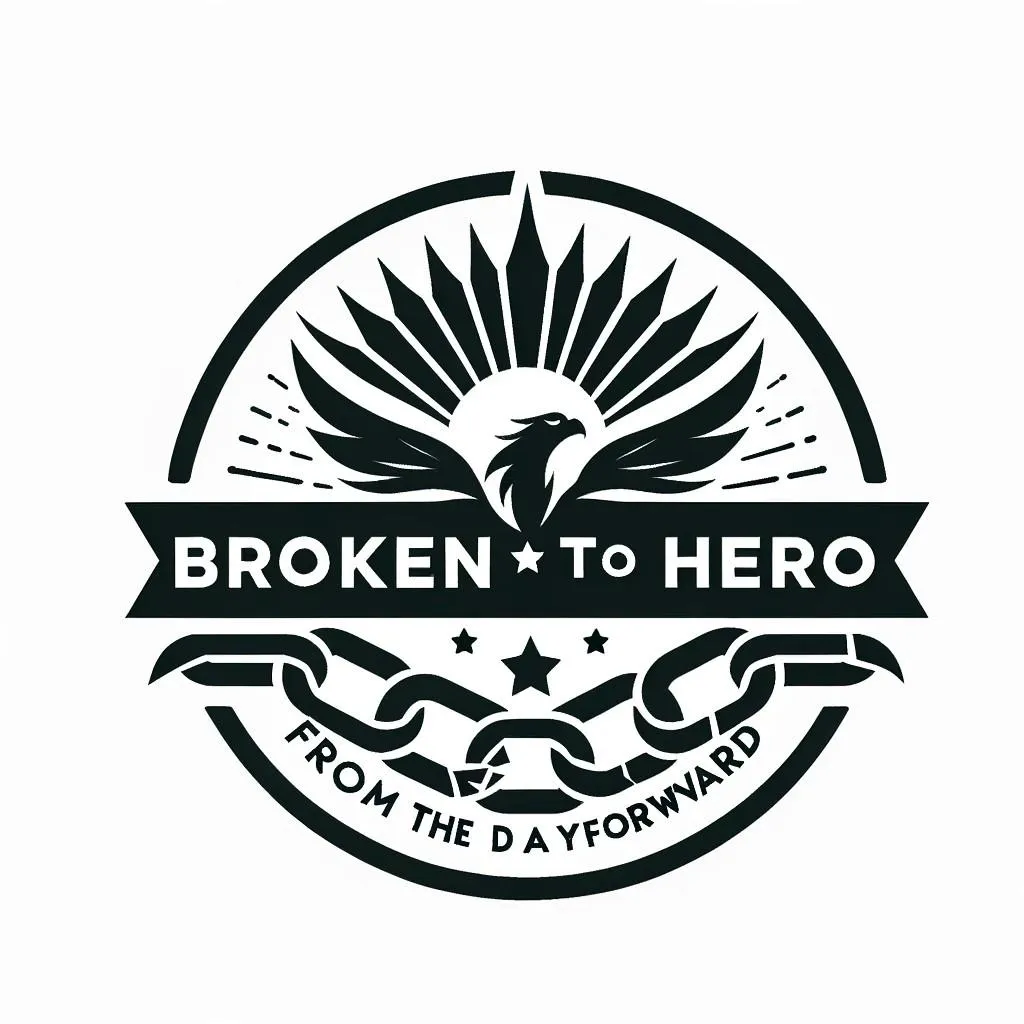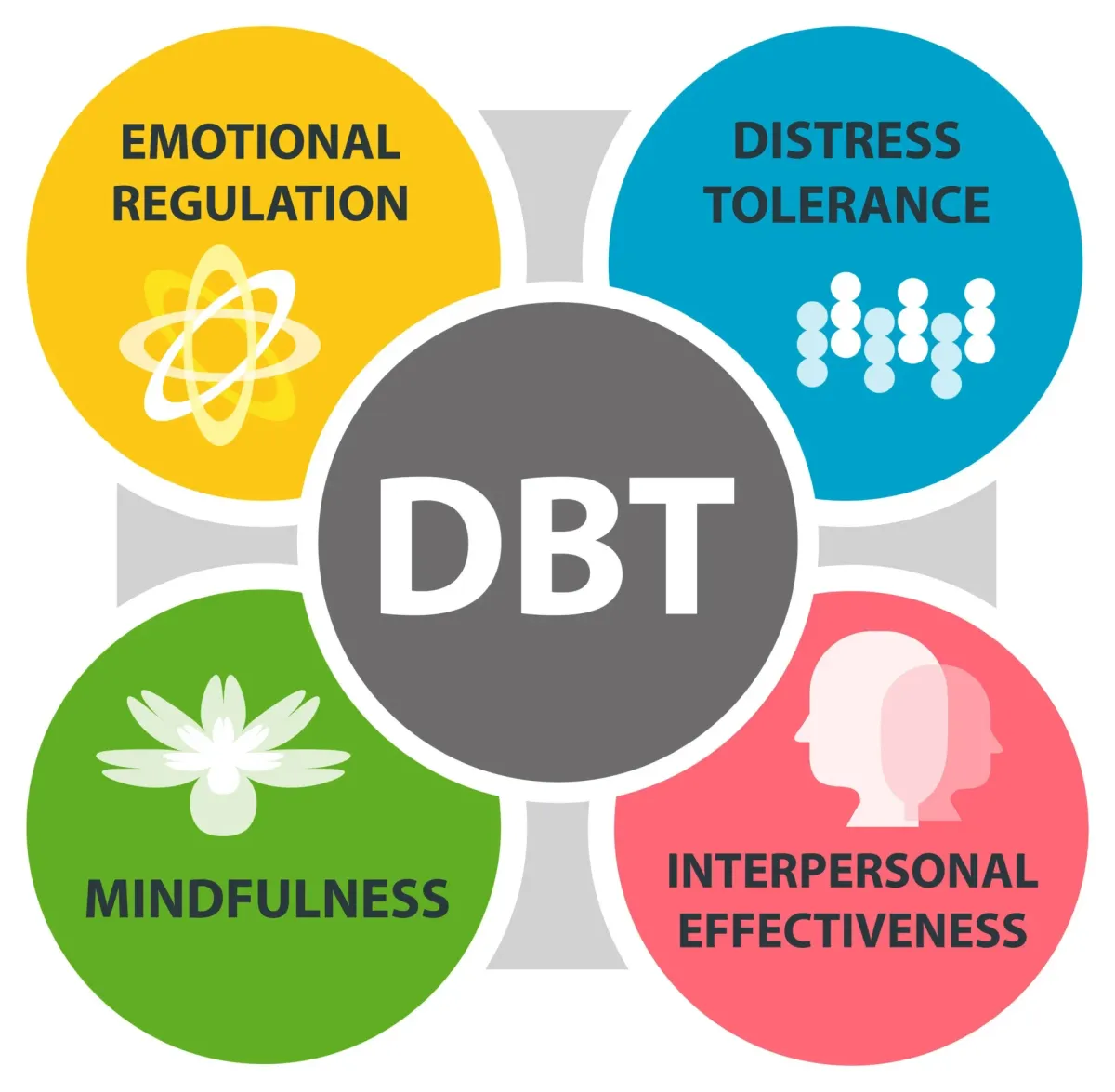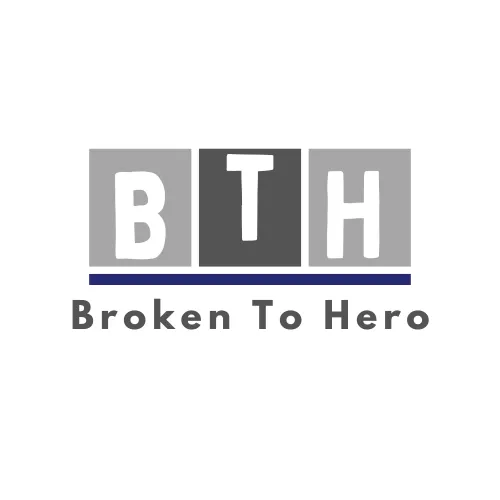FAQS
How does life coaching differ from therapy?
While both life coaching and therapy aim to support personal growth, they have distinct approaches. Therapy typically focuses on addressing past traumas, emotional healing, and diagnosing mental health conditions. On the other hand, life coaching is forward-focused, centered around setting and achieving goals, enhancing performance, and unlocking potential. If you're seeking to overcome specific challenges from your past, therapy might be more suitable. If you're looking to create a roadmap for personal or professional success, life coaching could be the right fit.
How often are coaching sessions conducted?
Coaching sessions frequency can vary based on your needs and preferences. Typically, we recommend starting with weekly sessions to establish momentum and make consistent progress. As you gain confidence and traction towards your goals, sessions might transition to bi-weekly or monthly. The flexibility of our approach ensures that the coaching frequency adapts to your evolving requirements, ensuring optimal support and accountability.
What if I'm unsure about my goals and direction?
It's completely normal to feel uncertain about your goals and direction. Our coaching process begins with an initial assessment where we'll work together to clarify your aspirations, values, and priorities. Through insightful questioning and exploration, we'll collaboratively uncover your passions and potential areas for growth. If you're not entirely sure about your goals, our coaching can help you gain clarity and chart a course that aligns with your authentic self. Remember, the journey towards clarity is an integral part of the coaching process itself.


Dialectical Behavior Therapy (DBT)
Dialectical Behavior Therapy (DBT) is a type of cognitive-behavioral therapy developed by Dr. Marsha Linehan in the late 1980s. It was originally created to treat individuals with borderline personality disorder (BPD) but has since been adapted to treat a variety of mental health conditions, including depression, anxiety, substance use disorders, and eating disorders.
Key Components of DBT:
1. Dialectics:
- This refers to the balance between accepting oneself and working towards change. The term "dialectical" means integrating opposites. In DBT, the primary dialectic is between acceptance and change.
2. Core Skills:
- DBT focuses on teaching four sets of behavioral skills:
1. Mindfulness: Being fully aware and present in the moment.
2. Distress Tolerance: Tolerating pain in difficult situations, not changing it.
3. Interpersonal Effectiveness: Asking for what one needs, saying no, and coping with interpersonal conflict.
4. Emotion Regulation: Changing emotions that one wants to change.
3. Treatment Modes:
- Individual Therapy: Weekly sessions with a therapist to address specific problems and improve behavioral skills.
- Group Skills Training: Weekly group sessions where clients learn and practice DBT skills.
- Phone Coaching: Clients can call their therapists between sessions for guidance on coping with difficult situations.
- Therapist Consultation Team: Therapists meet regularly to support each other and ensure they are providing the best care.
Goals of DBT:
• Reduce Self-Destructive Behaviors: Such as self-harm, suicidal thoughts, and substance abuse.
• Improve Quality of Life: By developing more effective ways to cope with stress and manage emotions.
• Enhance Emotional Regulation: By understanding and managing intense emotions.
• Improve Relationships: Through better communication and interpersonal skills.
DBT is evidence-based and has been shown to be effective in helping individuals reduce harmful behaviors, improve emotional regulation, and enhance their overall quality of life. It is a comprehensive, structured program that combines individual therapy, group skills training, and coaching to help clients build a life worth living.
